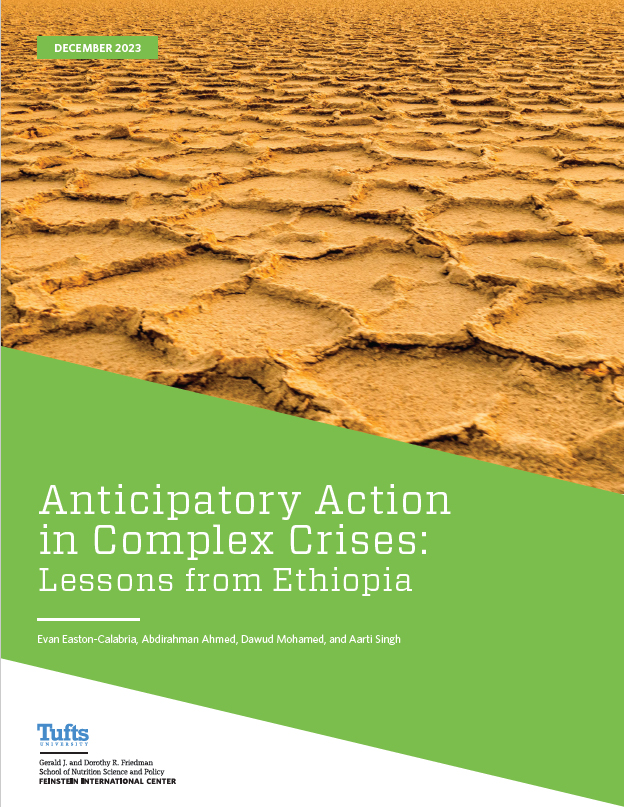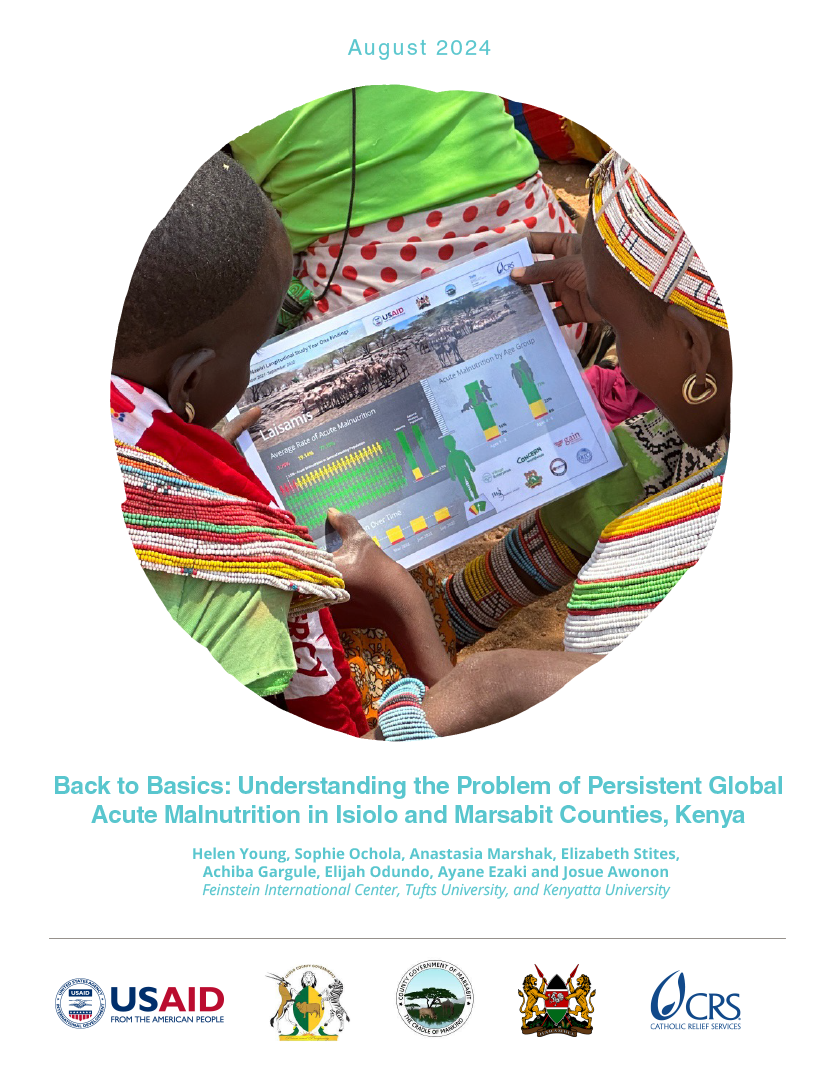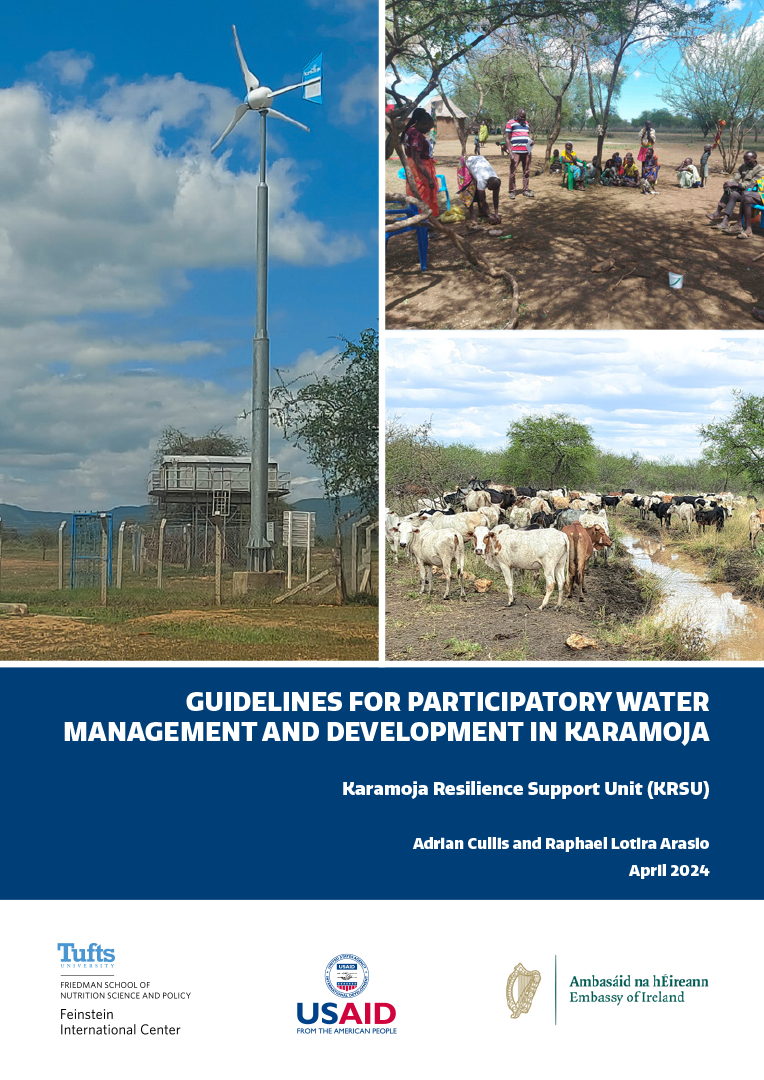While anticipatory action (AA) is commonly designed to address one specific hazard such as drought, many populations are experiencing repeated and multiple hazards and challenges. Given this, there is a need to understand how anticipatory action fits within the context of protracted and overlapping crises, and to better understand the “right” timing and method of assistance in these contexts.
This study examines how anticipatory action was perceived and experienced among Ethiopians living with drought alongside other crises. These include the 2020–22 conflict in Tigray, local conflicts in several regions, a recent locust invasion, and escalations of Al-Shabaab terrorist attacks in the Somali Region.
In 2022, the study team interviewed 520 participants who were either recipients of assistance from the Food and Agriculture Organization (FAO) or key community stakeholders. These interviews shed light on challenges accompanying the drought, how people used assistance, the optimal timing for aid, and preferences for disbursal size and frequency.
The findings from this research confirm that the biggest challenge for drought-affected people is reduced food consumption and the loss of livelihoods.
The findings also illustrate that the anticipatory action received in many cases had a positive impact on quality of life. However, this impact was likely short-lived, underscoring the need for further study and discussions on effective assistance strategies for protracted or multiple crises.







